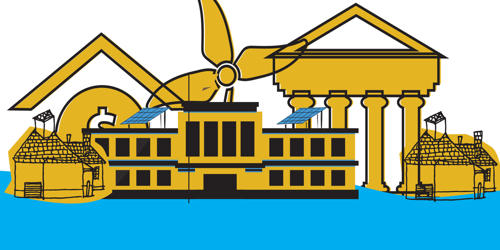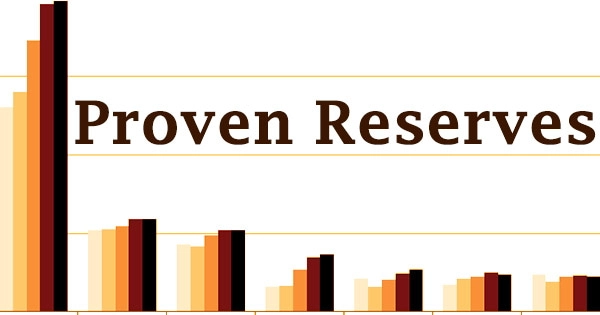Real public ownership would have to be owned by the people themselves. Municipalization is the transfer of corporations or other assets to municipal ownership. It is the legal process by which a community assumes the control of its electrical generation distribution, purchasing, and/or generation, usually from an investor-owned utility. The transfer may be from private ownership (usually by purchase) or from other levels of government.
The municipalization of the economy means the ownership and management of the economy by the citizens. The citizens would become the collective “owners” of their community’s economic resources. It is the opposite of the “privatization” process, in which public assets are sold to private companies. It is the opposite of privatization and is different from nationalization. The term municipalization largely refers to the transfer of ownership of utilities from Investor Owned Utilities (IOUs) to public ownership, and operation, by local government whether that be at the city, county or state level. The process can involve all forms of public infrastructure, such as sewer, water, and natural gas systems, but municipalizations of electric utilities in recent decades, especially to promote green power and move away from coal, have made municipalization highly controversial. While this is most often applied to electricity it can also refer to solar energy, water, sewer, trash, natural gas, or other services.
Citizens would formulate and approve an economic policy for the community. They would make decisions about economic life regardless of their occupation or their workplace. They would participate in this decision-making not as workers, farmers, technicians, engineers, or professionals, but as citizens. Their decision making would be guided not by the needs of a specific enterprise or occupation or trade but by the needs of the community as a whole.
The economy is neither privately owned, nor broken up into small collectives, nor nationalized. Rather, it is municipalized—placed under community ownership and control. Between 2006 and 2016, there have been 13 different communities in the United States that have successfully switched from an IOU to a municipal utility. Most of these communities consisted of 10,000 people or less. The wealth expropriated from the property-owning classes would be redistributed not only within a municipality but among all the municipalities in a region. If one municipality tried to engross itself at the expense of others, its confederates would have the right to prevent it from doing so. Although proponents of municipalization have attempted to municipalize via ballot initiatives, many have failed. A thorough politicization of the economy would thereby extend the moral economy to a broad regional scale.
















